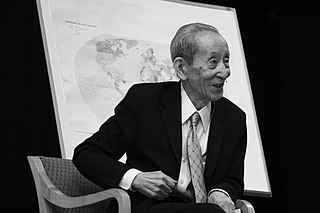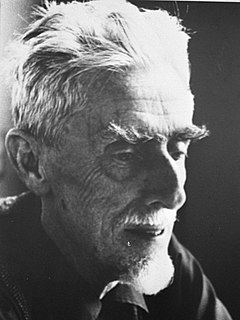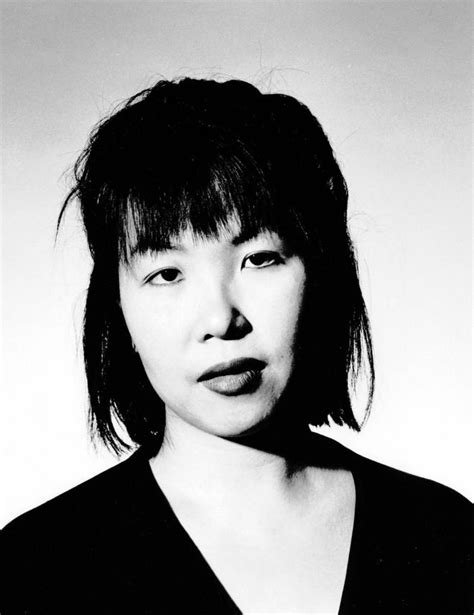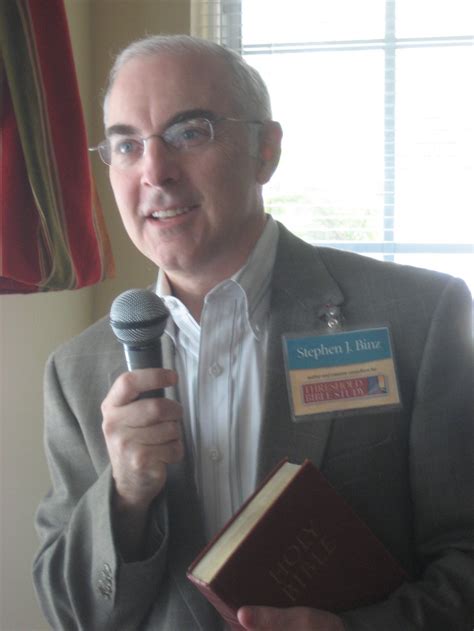A Quote by Carl Zimmer
Today, when we look at a brain, we see an intricate network of billions of neurons in constant, crackling communication, a chemical labyrinth that senses the world outside and within, produces love and sorrow, keeps our hearts beating and lungs breathing, composes our thoughts, and constructs our consciousness.
Related Quotes
This world, this universe which our senses feel, or our mind thinks, is but one atom, so to say, of the Infinite, projected on to the plane of consciousness; and within that narrow limit, defined by the network of consciousness, works our reason, and not beyond. Therefore, there must be some other instrument to take us beyond, and that instrument is called inspiration.
Our thoughts are certainly part of us; they come from us, but we are not our thoughts. Have you ever woken up in the morning and said to yourself, 'I am not going to think today; I am too tired'? No, of course not. Just as breathing happens and is constant, thoughts happen, and they are also constant.
In the new alchemy, we have a similar kind of way of thinking. Our internal space includes our intuitions, our thoughts, our senses and our feelings, and from these we construct or build a picture of the outside world. From intuition and thought, we construct time. We also construct space from thought and our sensations. From our senses and our feelings, we experience energy, and from our intuitions and our feelings, we experience motion.
In our constant search for meaning in this baffling and temporary existence, trapped as we are within our three pounds of neurons, it is sometimes hard to tell what is real. We often invent what isn't there. Or ignore what is. We try to impose order, both in our minds and in our conceptions of external reality. We try to connect. We try to find truth. We dream and we hope. And underneath all of these strivings, we are haunted by the suspicion that what we see and understand of the world is only a tiny piece of the whole.
Our role as gardeners is to choose, plant and tend the best seeds within the garden of our consciousness. Learning to look deeply at our consciousness is our greatest gift and our greatest need, for there lie the seeds of suffering and of love, the very roots of our being, of who we are. Mindfulness...is the guide and the practice by which we learn how to use the seeds of suffering to nourish the seeds of love.
The structure of the human brain is enormously complex. It contains about 10 billion nerve cells (neurons), which are interlinked in a vast network through 1,000 billion junctions (synapses). The whole brain can be divided into subsections, or sub-networks, which communicate with each other in a network fashion. All this results in intricate patterns of intertwined webs, networks of nesting within larger networks.
There is a value in repetition. When we repeat certain phrases and even actions, like fingering prayer beads, we create a quiet rhythm within our spirits. The beating of our heart is a repetition as is the rhythm of our breathing. All of life has its rhythms, and the repetition of familiar prayers can bring our interior spirits into harmony with the Divine Heartbeat and the breathing of the Divine Christ.





































